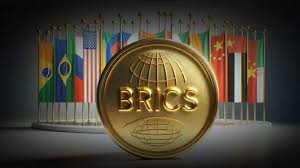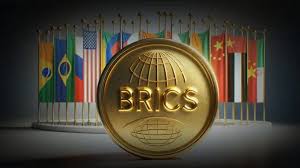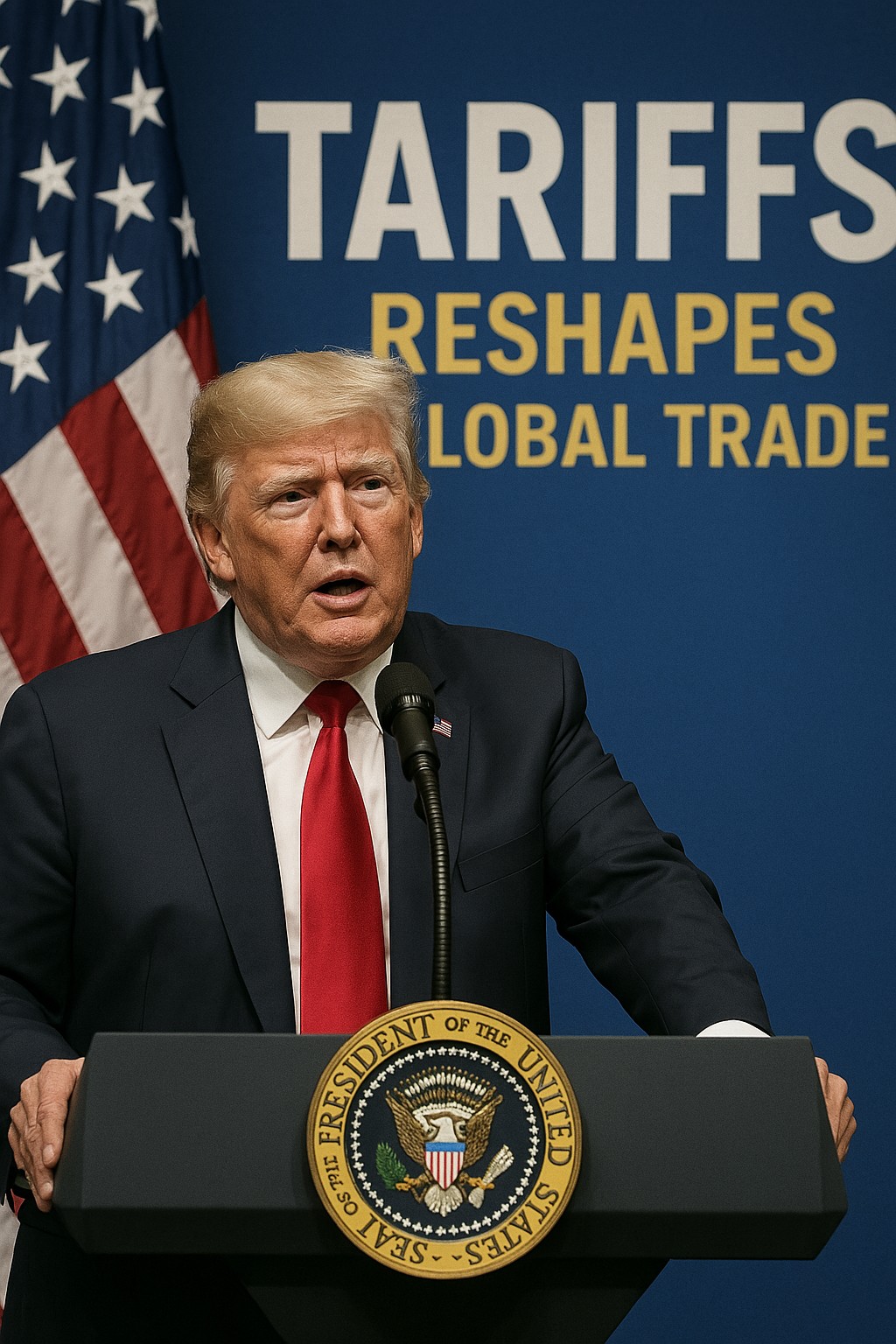
By Luke Allen
In October, the BRICS summit will gather representatives from 126 nations, marking a significant moment in global economic discourse. This conference discusses the possibility of abandoning the US dollar for international trade. The growing interest from countries worldwide reflects a desire for greater financial independence and stability.
The BRICS bloc, including Brazil, Russia, India, China, and South Africa, has gained traction as an alternative to Western-dominated financial systems. The increasing number of nations expressing interest in joining BRICS is not merely a trend; it signifies a profound shift in global economic dynamics. In recent years, many countries have felt the repercussions of US monetary policies, which often impact their economies adversely. As a result, there is a collective yearning for a more balanced approach to international trade.
One of the primary causes of this movement is the desire for currency neutrality. For decades, many nations have become disillusioned with the reliance on the US dollar, the world’s dominant reserve currency. With this dominance comes vulnerability, as countries are subjected to the whims of US economic policies. For instance, sanctions imposed by the United States have affected countries like Iran and Russia, limiting their ability to conduct trade freely. This has led to calls for a more equitable financial system that does not hinge on a single currency.
Moreover, the economic landscape is changing rapidly. Emerging markets are becoming increasingly significant players in the global economy. Countries in Asia, Africa, and Latin America are looking for ways to enhance their economic sovereignty. By joining forces through BRICS, they seek to create a platform where trade can occur without relying on the US dollar. This notion resonates deeply with nations long marginalized in the global economic hierarchy.
Transitioning to a currency-neutral approach could empower these nations to engage in trade that is less susceptible to external pressures. This shift not only reduces vulnerability but also paves the way for the development of alternative currencies or trading systems that promote mutual benefit. The idea of a multi-currency system, where different nations can trade using their own currencies, is gaining momentum, offering a promising future for global trade.
While the advantages of abandoning the US dollar are evident, challenges remain. Establishing a new framework for international trade requires cooperation, trust, and innovative solutions. Countries must work together to create mechanisms that facilitate transactions without relying on the US dollar, which could involve technological advancements and agreements on currency exchange rates.
In addition to economic motivations, there are emotional undercurrents driving this movement. Many nations feel a profound sense of empowerment as they come together to challenge the status quo. The prospect of a new financial order, where they have a say in the rules of engagement, is both exhilarating and hopeful. This sentiment is palpable among the representatives preparing for the BRICS summit, where discussions are expected to be lively and transformative.
The upcoming BRICS summit is not just a meeting of nations but a pivotal moment in the evolution of global trade. With 126 countries expressing interest in joining this bloc, the momentum towards abandoning the US dollar is undeniable. As nations seek currency neutrality, they forge a more equitable economic future. The discussions in October will undoubtedly shape the financial landscape for years to come, providing exciting opportunities for collaboration and growth beyond traditional boundaries.




